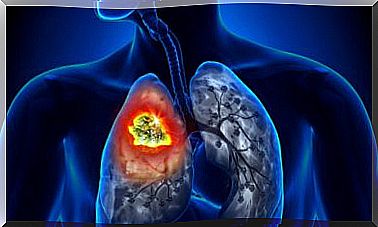How Does The Immune System Work Against Cancer?
The immune system is also capable of identifying and fighting its own cellular components. This occurs when these components turn out to be abnormal.
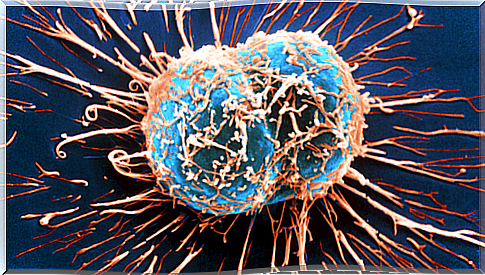
The immune system is a complex defense system whose main function is to protect the body against external agents. For this, it is important to be able to differentiate one’s own components from those of others.
Similarly, the immune system is also capable of identifying and fighting its own cellular components. This occurs when these components turn out to be abnormal. This is the case of cancer cells, which present differences with respect to the normal cell.
It is important to understand that in all types of cancer, the disease process involves some cells in the body beginning to divide without stopping and spreading to nearby tissues. Cancer is a dangerous disease and it is very important to have professional help to fight it properly.
Immune system functions
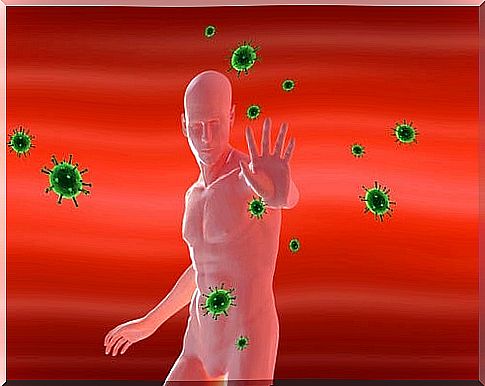
In addition to recognizing and fighting tumor cells, the immune system also has other ways to prevent their appearance.
- Protects against viral infections that can lead to the appearance of tumors. This is the case, for example, of the human papillomavirus. Among others, with great mutagenic potential, so that its infection can alter the genetic material of the cells.
- Combat by eliminating external pathogens. When there is an infection, the body responds by developing inflammation around it. However, this inflammation must be resolved effectively as this environment can sometimes lead to the appearance of tumors.
- Identify and kill cancer cells. This is done through specific bookmarks.
Surface antigens
But how does the immune system recognize cancer cells? The answer lies in surface proteins, present in all cells, called surface antigens.
The surface antigens of tumor cells are different from those of healthy cells. Thus, the cells of the immune system can recognize these antigens and detect when they correspond to a mutated cell.
The immune cells capable of carrying out this recognition task are T lymphocytes. These T lymphocytes possess a series of receptors that detect surface antigens.
Immune cycle against cancer
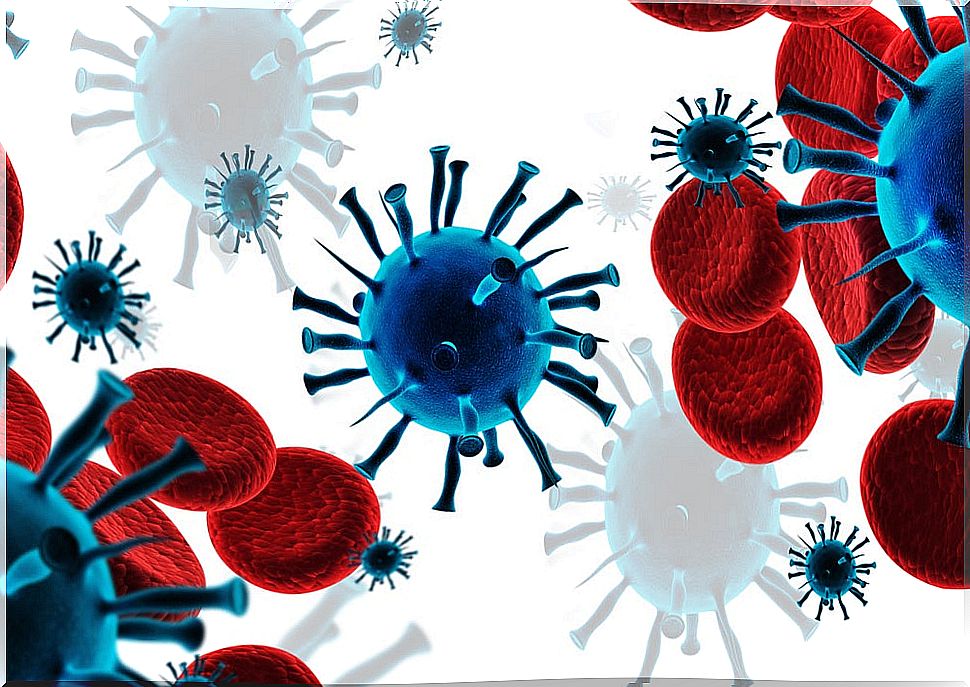
The immune system response to cancer begins with the recognition of mutated cells, thanks to the aforementioned surface antigens. These antigens are examined by T lymphocytes, present in the lymph nodes.
After this, the T lymphocytes undergo a series of changes and become activated. This gives them the ability to mobilize and travel to the blood vessels. Through these, the T lymphocytes reach the tumor directed by concentration gradients of certain signaling molecules.
Once they reach the tumor area, T lymphocytes infiltrate this region in order to attack it. Here they recognize tumor cells that have certain proteins on their surface and proceed to their destruction.
This is achieved thanks to the stimulation of another series of cells of the immune system. For example, Natural Killler (NK) cells or macrophages.
Escape mechanisms of tumor cells
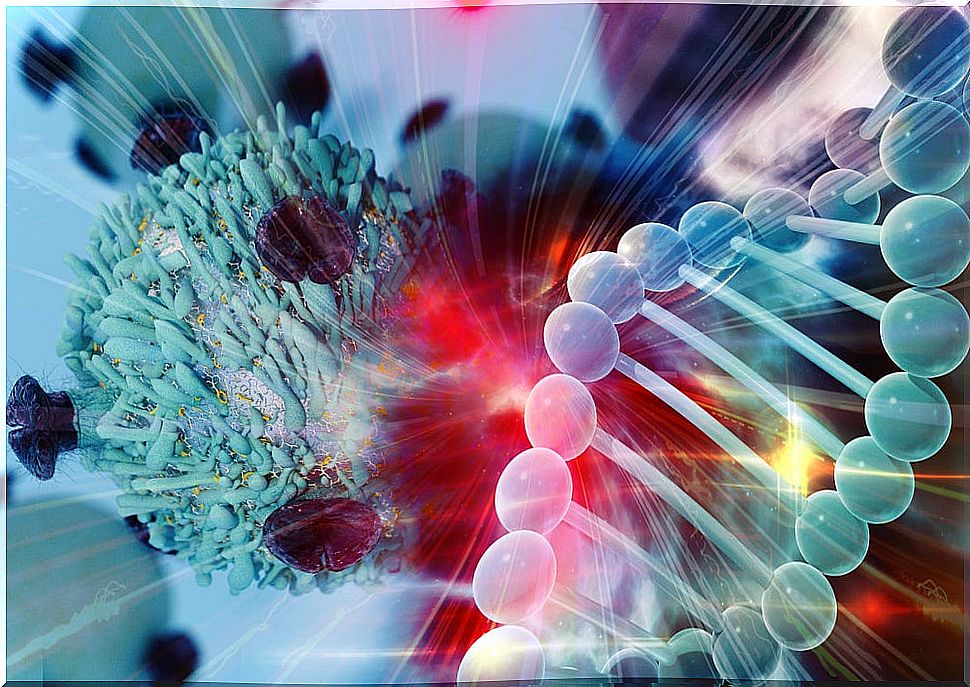
The reason that explains the development of cancer, despite the action of the immune system, is that some cancer cells have accumulated so many mutations that they have mechanisms to prevent the action of the immune system.
These mechanisms allow tumor cells to hide from the immune system. For example, hiding surface antigens that could be recognized by it.
In these cases, the immune system can fight back thanks to Natural Killer cells . These are able to detect when a cell has lost its own surface antigens, recognize it as foreign and eliminate it.
Another mechanism that tumor cells can use to prevent the action of the immune system is to produce chemical messengers with inhibitory action on immune cells. In this way, they create immunosuppression around the tumor area. This favors the survival of cancer cells.
For all this, the main objective of immunotherapy is precisely to help the immune system fight abnormal cells. This can be achieved with adjuvant therapy, which uses antibodies directed against tumor cells, in order to promote their elimination.



